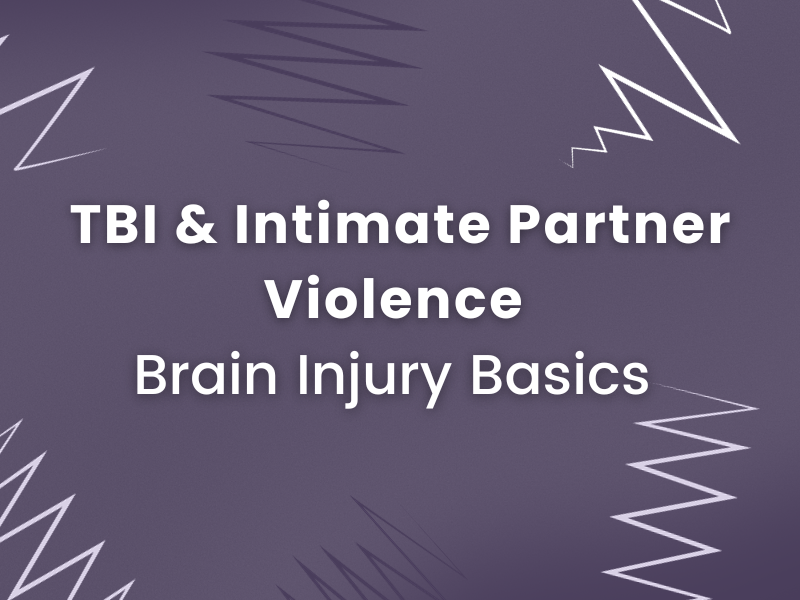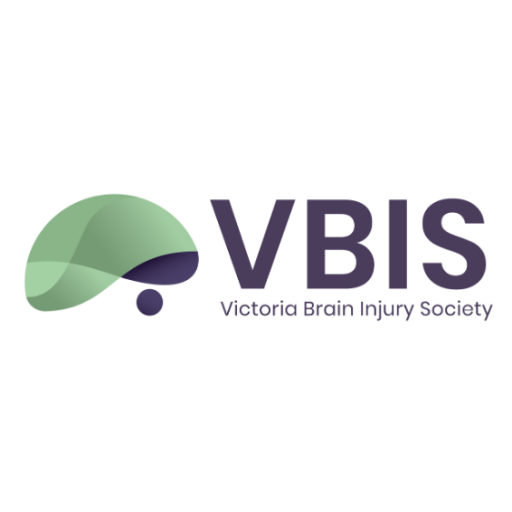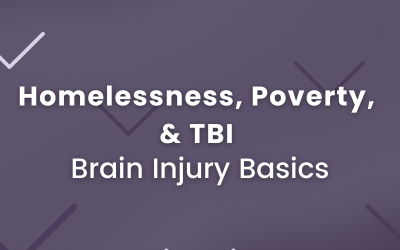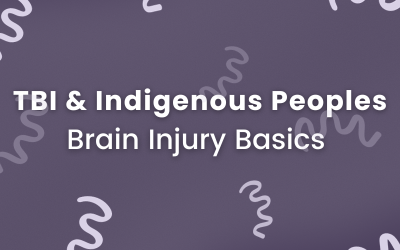When examining the intersection of TBI and IPV in Canada, it is important to consider various factors that influence this complex issue.
This sixth segment is written and researched by Kamal Narayana, a graduate neuroscientist student in the Division of Medical Sciences at the University of Victoria.
**This article may contain sensitive topics about intimate partner violence (IPV) that may make some people feel uncomfortable. We realize that there is a variety of types and extents of IPV which we were not covered/mentioned. We acknowledge that they exist and should not be ignored.**
In the past, there was a lack of research focusing on the effects of traumatic brain injury (TBI) specifically on women, and even less attention given to TBI resulting from domestic violence. Historical cultural attitudes contributed to the trivialization of domestic violence, with jokes and portrayals in plays and pop culture minimizing its severity. Furthermore, early TBI research predominantly focused on males, which impacted research outcomes. However, since then, research on TBI resulting from domestic violence has gradually increased. One that has gained recognition in its potential to cause TBI in survivors is intimate partner violence (IPV).

The link between IPV and TBI
Intimate partner violence (IPV), a type of domestic violence, refers to a pattern of abusive behavior within an intimate relationship, characterized by the exertion of power and control by one partner over the other. It can manifest in various forms, including physical, sexual, emotional, and financial abuse. It has been observed that individuals who experience IPV are at a heightened risk of sustaining head injuries. Acts of physical violence, such as direct blows to the head, strangulation, or repeated hits, can result in immediate or long-term brain damage. Additionally, non-physical forms of abuse, such as psychological trauma and coercive control, can contribute to cognitive difficulties and mental health issues.
The prevalence rates of brain injuries in women survivors of IPV range from 19 to 100%. Up to 92% of IPV incidents involve hits to the head and face, and strangulation, which are the most common sites of injury in IPV. In Canada, more than one-fourth of all reported violent crimes to the police are related to intimate partner violence (IPV). The majority of these incidents involve physical assault, such as pushing, hitting, and choking, accounting for 77% of cases. Furthermore, a significant portion of the physical assaults target women, making up 76% of the victims. It is important to note that these figures are likely to be lower than the actual occurrences due to the sensitive nature of reporting abuse within an intimate relationship. It is estimated that less than one-third of women disclose incidents of IPV.
It is important to note that IPV is not typically an isolated incident, and can occur over an extended period. Women face a significant risk of sustaining permanent disabilities caused by repeated brain injuries if they experience regular physical harm or strangulation. Unfortunately, survivors often remain unaware that they have suffered a brain injury, which leads to a reluctance to seek medical care. It has been reported that up to 75% of women do not seek medical attention when they suspect they have a brain injury. Additionally, both survivors and healthcare providers can mistake the symptoms of a brain injury for the emotional distress resulting from the abusive relationship itself.
Effects of IPV
It is important to remember that a diverse range of individuals, spanning various backgrounds and circumstances, can experience TBI resulting from domestic violence or other forms of relationship-related violence. This spectrum includes but is not limited to: children and teens who are abused at home; men and teens experiencing domestic or dating abuse; those within the LGBTQ+ community; women who are pregnant; and victims of human trafficking.
With the range of individuals impacted by IPV, mental and physical health play a big role in therapy and recovery from abuse. According to the American Psychiatric Association (APA), 20% of survivors develop mental health conditions including major depressive disorder, generalized anxiety disorder, post-traumatic stress disorder (PTSD), and substance use disorders. It is suggested that 40 to 60% of IPV survivors suffer from clinical depression and PTSD, and nearly 60% were alcohol- or drug-dependent.
Individuals who have survived IPV might internalize blame for the abuse they endured, leading to self-criticism, self-destructive tendencies, and even thoughts of suicide. The persistent nature of the abuse can also give rise to trauma responses that hinder their ability to form healthy relationships in the future. Survivors may grapple with difficulties in regulating their emotions, experiencing dissociation, emotional numbness, and struggling to interpret social cues.
Mental health consequences of IPV can also create a self-perpetuating cycle. Survivors may come to believe they lack the power to influence the abusive behavior or develop the resources to change their circumstances. This, in turn, can establish a pattern of enduring violent relationships over the long term.
Possible Practices with Helping IPV Survivors
Over time, increased awareness and research have shed light on the significant impact of TBI resulting from domestic violence on women’s health. This recognition has led to a better understanding of the various mechanisms through which domestic violence can cause brain injuries and the range of symptoms that survivors may experience. Some best practices for addressing and preventing IPV include:
1. Awareness and Education:
- Raising awareness about IPV through public campaigns, workshops, and educational programs.
- Aware cultural factors that can influence the experience of IPV and tailor prevention and intervention efforts accordingly.
- Educate individuals about the potential risks of technology-facilitated abuse, including cyberstalking and harassment.
2. Support Services:
- Establish and fund organizations and support services for survivors, including shelters, hotlines, and counseling.
- Providing support systems for individuals at risk may assist in early intervention and prevention programs.
3. Legal Measures:
- Enforce and strengthen laws against IPV, including restraining orders, prosecution, and penalties for perpetrators.
- Train law enforcement and legal professionals to handle IPV cases sensitively and effectively.
- Establish a coordinated response system involving law enforcement, healthcare providers, and social services to respond effectively to crisis situations.
- Advocate for policies and allocate funding to support IPV prevention and intervention efforts.
4. Counseling and Therapy:
- Promote access to therapy and counseling for both survivors and perpetrators to address the root causes of violence.
- Support survivors in regaining control over their lives, including helping them access education, job training, and financial resources.
- Address the mental health needs of both survivors and perpetrators, as unresolved trauma and mental health issues can contribute to violence.
5. Data Collection and Research:
- Collect data on IPV to understand its prevalence, causes, and consequences, and use this information to inform prevention and intervention strategies.
It is important to remember that addressing IPV is an ongoing process, and no single approach will work in all cases. It is essential to adapt strategies to the specific needs of individuals and communities as well as to degrees of IPV and related consequences. Collaborative efforts across all sectors of society are crucial to creating a safer and more supportive environment for survivors and preventing future instances of IPV.
References:
- American Psychiatric Association (APA): https://www.psychiatry.org/File%20Library/Psychiatrists/Cultural-Competency/IPV-Guide/APA-Guide-to-IPV-Among-Women.pdf
- https://www.biausa.org/public-affairs/media/domestic-violence-as-a-cause-of-tbi
- https://www.ncbi.nlm.nih.gov/pmc/articles/PMC8773525/



